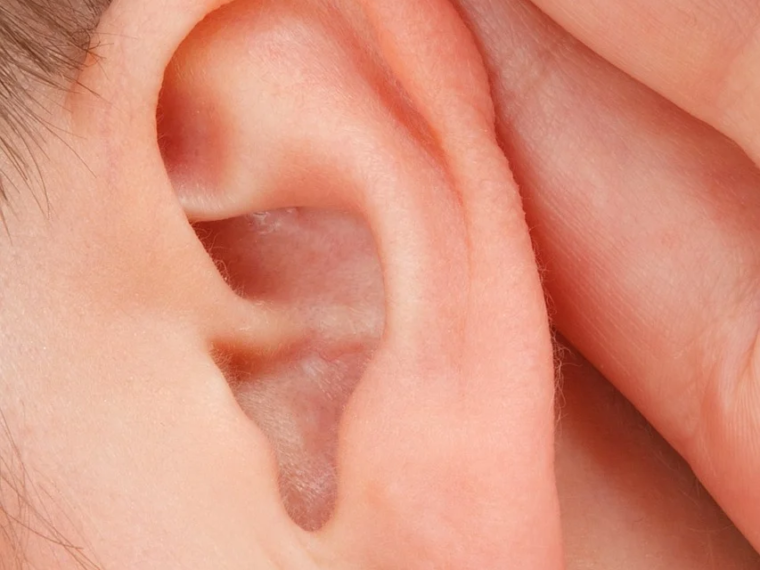Tinnitus can be made worse by Covid-19 according to a study by Anglia Ruskin University – 40% of people with tinnitus who developed coronavirus symptoms experienced a worsening of their tinnitus. Further research also shows that tinnitus has been identified as a common symptom in ongoing symptomatic Covid-19 and post-Covid-19 syndrome.
And while research by Specsavers shows that as many as 94% of people are aware of tinnitus, only 6% know about the link with Covid, something which is of concern for more than half of people when becoming aware.
David Stockdale, Chief Executive of the British Tinnitus Association (BTA), says: ‘With the Covid-19 virus and the social measures taken to keep us safe found to worsen tinnitus symptoms in a high proportion of people, it’s important that people are aware of the support that is available – Tinnitus Week aims to do this.’
Tinnitus is the perception of noises in the ear that sound as if they’re internal, rather than coming from an outside source. Sounds can include ringing, buzzing, whistling, humming and hissing, and can be constant or occasional and occur at different volumes.
While it isn’t a condition in itself, it is often a symptom of something underlying, such as age-related hearing loss, an ear injury or a circulatory system disorder – but it is very common and most people will have experienced tinnitus at some point. Research shows that almost a fifth (19%) of 18-34-year-olds have experienced tinnitus, increasing to almost a quarter (24%) of 45-54-year-old’s and a third (33%) of those aged 65 and over .
Specsavers Chief Audiologist, Gordon Harrison, says: ‘Tinnitus is very common and can occur at any age. Although it is more common in people who have a hearing loss or other ear problems, it can also occur in people who don’t suffer with a hearing loss, particularly if they don’t protect their hearing.’
‘People who work in noisy environments should always make sure that they are wearing hearing protection, especially those who work with amplified music, loud machinery and those who are exposed to loud bangs.
‘You also need to exercise caution when you’re wearing headphones – to stay safe you should never listen to your music above 60% volume and you should give your ears a break every hour or so too.’
A variety of support is available for tinnitus sufferers depending on symptoms.
‘If you have tinnitus sounds pulsating or in just one ear, our advice would be to discuss this with your GP,’ says Mr Harrison.
‘If you have symptoms of both tinnitus and hearing loss, the use of hearing aids is often successful in managing and improving your symptoms. Our expert audiologists are happy to provide a free hearing test to help you understand more about your hearing, what steps you can take and the best hearing aid options for you.
‘For people who have symptoms of tinnitus but don’t have hearing loss, there are many techniques to help manage or alleviate them. ‘A great source of information and support can be found at the British Tinnitus Association website (https://www.tinnitus.org.uk/,’ says Mr Harrison.
‘While there is currently no cure for tinnitus, there are a number of measures that you can take to make life more bearable. Hearing aids can be helpful, particularly for those who already have some hearing loss, as can cognitive behavioural therapy and the use of background noise in quiet situations. This could include sounds such as music, the radio or natural sounds in the environment.’
To find more about tinnitus and the support on offer visit https://www.tinnitus.org.uk/ or call the British Tinnitus Association helpline on 0800 018 0527. If you have concerns about your hearing you can book a hearing test by visiting www.specsavers.co.uk/hearing
 You can join us on our social media pages, follow us on Facebook or Twitter and keep up to date with whats going on in South Devon. Got a news story, blog or press release that you’d like to share or want to advertise with us? Contact us
You can join us on our social media pages, follow us on Facebook or Twitter and keep up to date with whats going on in South Devon. Got a news story, blog or press release that you’d like to share or want to advertise with us? Contact us




























